Mozambique: Eni to build 75 MW gas-fired power plant in Temane, “starting now” – President
Mozambique: Speed up electrification, boost access to clean energy – IEA
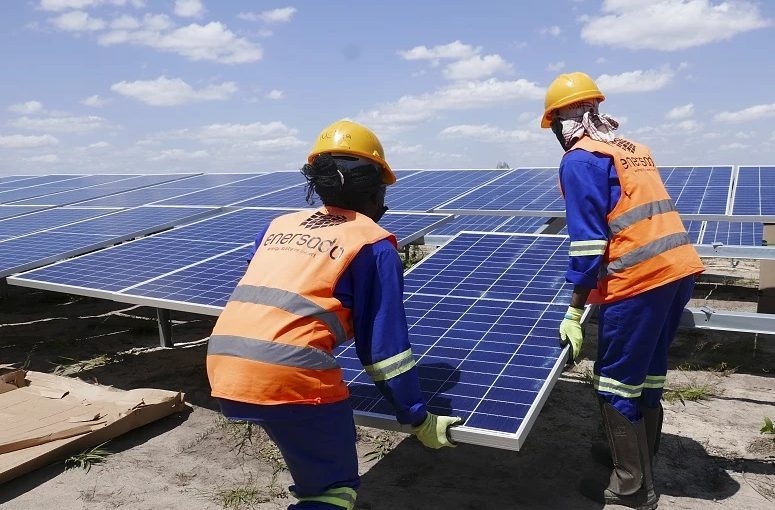
FILE - For illustration purposes only. [File photo: Lusa]
The International Energy Agency (IEA) on Monday recommended that Mozambique accelerate access to clean energy for cooking and move forward with electrification to improve the lives of its citizens.
In presenting its analysis of Mozambique’s energy policy during Energy and Climate Week at the CPLP, which runs until Friday in Maputo, the IEA pointed to the need to “accelerate access to clean cooking solutions and electrification through tailored policies, targeted subsidies and stronger coordination between public agencies”.
In the last decade, Mozambique has almost doubled its electrification rate, yet more than half of the population still did not have electricity in 2022, and access to clean cooking is extremely low, with only 7% of the population using modern solutions.
This international body wants Mozambique to strengthen its energy planning and data systems, including the adoption of transparent monitoring tools for energy resource use, stating that they aim to “serve a rapidly growing population.”
Developing specific investment roadmaps for the sector to mobilise private and concessional financing for energy projects, supported by predictable tariffs, clear regulations and risk reduction instruments is another recommendation from the International Energy Agency.
Mozambique continues to rely heavily on hydroelectric power, with the IEA pointing out that other renewable energy sources “remain largely untapped”.
The country intends to harness this significant potential to boost economic growth, industrialisation and clean energy exports, and “this includes expanding mining and processing so that Mozambique can benefit from the growing global demand for clean energy technologies and essential minerals,” the document states.
The IEA’s analysis shows that “small networks and autonomous residential solar systems will be essential to enable access to electricity at a lower cost in rural areas, but more efforts are needed to stimulate market development in these sectors, which remain dependent on public funding.”
The Agency also indicates that Mozambique’s Energy Transition Strategy, approved in 2023, which aims to accelerate universal access to energy, still faces infrastructure challenges.
“The investment environment in Mozambique is hampered by the high cost of capital, which restricts access to project financing and makes it difficult to reduce the country’s energy infrastructure gap. Although Mozambique already exports LNG [Liquefied Natural Gas], major projects have been delayed and the expected benefits have not yet materialised,” the same document points out.


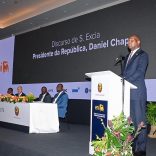
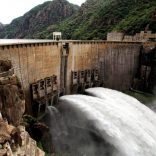
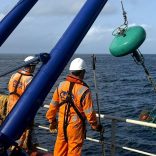

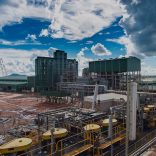
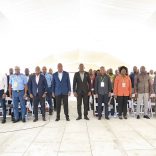




Leave a Reply
Be the First to Comment!
You must be logged in to post a comment.
You must be logged in to post a comment.